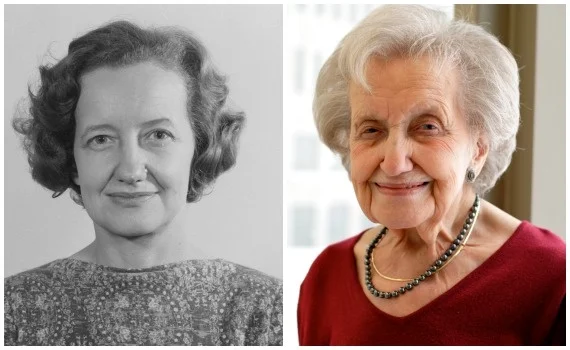How to get this episode:
While imagining one has a squirrel in one’s head is thankfully rare, we also know that our subjective experiences of the world are not necessarily accurate. Our perception of the world is shaped by how our brain processes the sensory inputs it receives. For example, we perceive white light as an absence of color even though in reality it consists of all wavelengths.
Perception is something our brains do constantly and which we can not consciously control. In considering awareness (and by extension consciousness) perception-like Graziano is emphasizing several important features. The most important is probably the fact that it is only “quick and dirty model” of what is really going on, which means that our intuitions about consciousness are not necessarily reliable. In fact, humans have a strong tendency to over-attribute awareness to the world around us. This is part of the social circuitry that has made us the most successful species in the earth’s history, but it can also lead to amusing results (as anyone who has interacted with Siri on an iPhone has no doubt observed).
Another implication of considering awareness as a form of social perception is that it reverses the usual approach taken to understanding consciousness. Instead of asking how a physical brain can produce something subjective and non-physical called consciousness, we ask what kind of information processing leads to the conclusion that I (or anyone else) is conscious. As Graziano points out, this is a “mechanistic” model. Not only can it be tested but it has interesting implications. Dr. Graziano concluded that one of the key implications is "that awareness and consciousness are tools for information processing, and they are mechanistically understandable, and presumably can be engineered.”
I find the attention schema theory to be very compelling. Besides being testable, it has a simple elegance that I appreciate. It also explains why most humans experience a world filled with spirits, and are utterly convinced that their own consciousness is something special and non-physical.


























